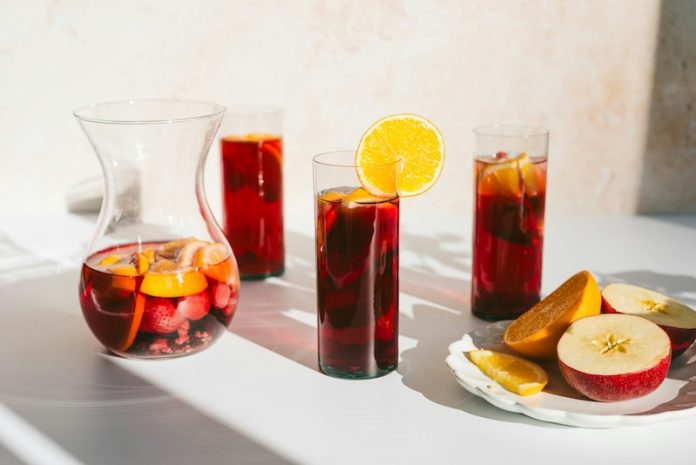
Urinary tract infections, or UTIs, are a common problem that can cause pain, frequent trips to the bathroom, and a burning sensation when urinating. While antibiotics are often used to treat UTIs, many people are looking for natural ways to prevent them.
One remedy that has gained attention is cranberry juice. But does it really work? Let’s take a closer look at what research says.
Cranberries have been used for centuries as a traditional remedy for various ailments. Modern research suggests that their benefits for UTIs might come from a unique compound found in the fruit called proanthocyanidins (PACs).
These compounds are believed to prevent certain bacteria, particularly Escherichia coli (E. coli), from sticking to the walls of the urinary tract. When bacteria can’t stick, they are more likely to be flushed out of the body, reducing the chance of infection.
Several studies have explored whether cranberry juice can effectively prevent UTIs. A review of multiple studies published in The Cochrane Database of Systematic Reviews found that cranberry products, including juice and supplements, may reduce the risk of recurring UTIs, especially in women who experience them frequently.
However, the researchers noted that the benefits might vary depending on the form and concentration of cranberry used.
A study published in The American Journal of Clinical Nutrition also supported the idea that cranberry juice could help reduce UTI risk. Participants who drank a daily serving of cranberry juice were found to have fewer UTIs over a year compared to those who didn’t drink it.
The researchers attributed this to the high levels of PACs in cranberries, which seemed to inhibit bacterial growth in the urinary tract.
It’s important to note that not all cranberry products are equally effective. Many commercial cranberry juices are sweetened with sugar and may contain lower concentrations of PACs.
To get the most benefit, experts recommend choosing unsweetened, 100% cranberry juice or cranberry supplements specifically designed for UTI prevention.
If the taste of unsweetened cranberry juice is too tart, mixing it with water or another juice can make it more palatable without losing its benefits.
While cranberry juice has shown promise, it’s not a cure-all. Studies have found that its effectiveness may vary from person to person.
For example, people with certain risk factors for UTIs, such as diabetes or a history of kidney stones, may not experience the same level of protection.
Also, cranberry juice is better suited for prevention rather than treatment. If you already have a UTI, antibiotics prescribed by a doctor are usually necessary to clear the infection.
Cranberry juice is generally safe for most people, but drinking large amounts can have downsides. The high acidity may upset sensitive stomachs, and excessive consumption could increase the risk of kidney stones in some individuals.
If you have concerns about your health or are prone to kidney stones, it’s a good idea to talk to your doctor before adding cranberry products to your routine.
In summary, cranberry juice may play a helpful role in preventing UTIs, particularly for people who experience them frequently. Its natural compounds can make it harder for bacteria to stick to the urinary tract, potentially reducing the risk of infection.
While it’s not a substitute for medical care, adding cranberry juice or supplements to your routine might be a simple, natural way to support urinary health. As with any remedy, consistency and the right product are key to seeing results.
If you’re prone to UTIs, it’s worth giving cranberries a try—just be sure to combine them with good hydration, hygiene, and regular check-ins with your doctor.
If you care about nutrition, please read studies that vitamin D can help reduce inflammation, and vitamin K may lower your heart disease risk by a third.
For more information about nutrition, please see recent studies about foods that could sharp your brain, and results showing cooking food in this way may raise your risk of blindness.
Copyright © 2024 Knowridge Science Report. All rights reserved.



